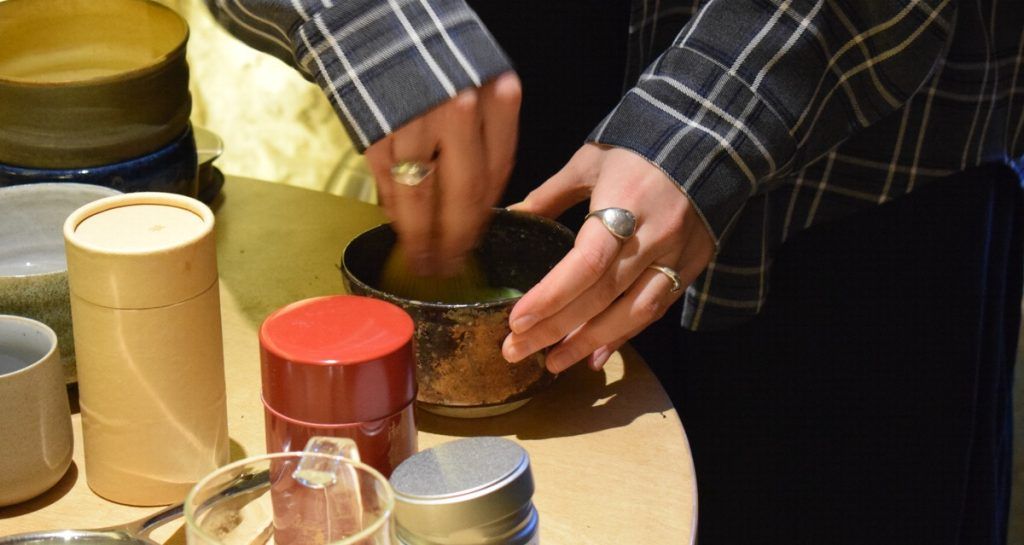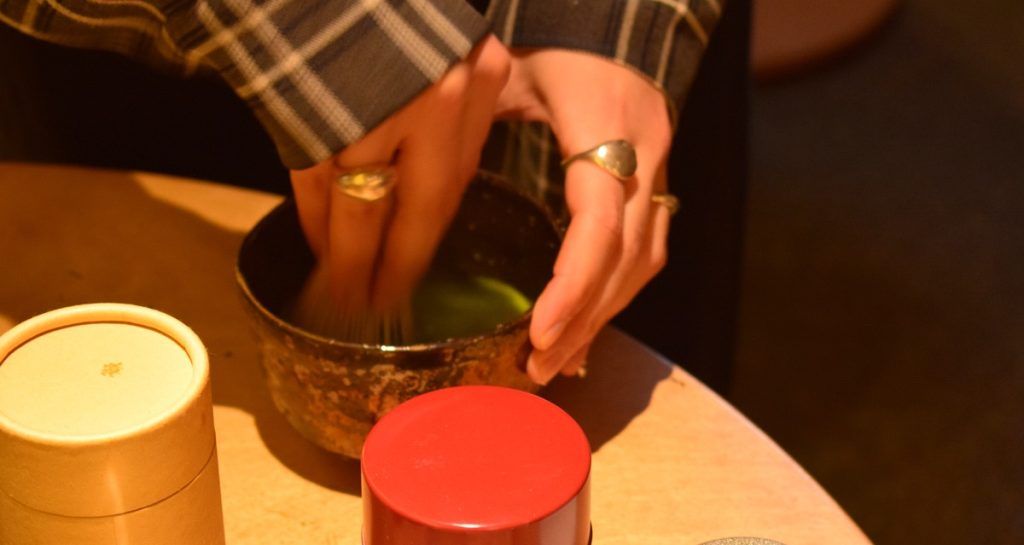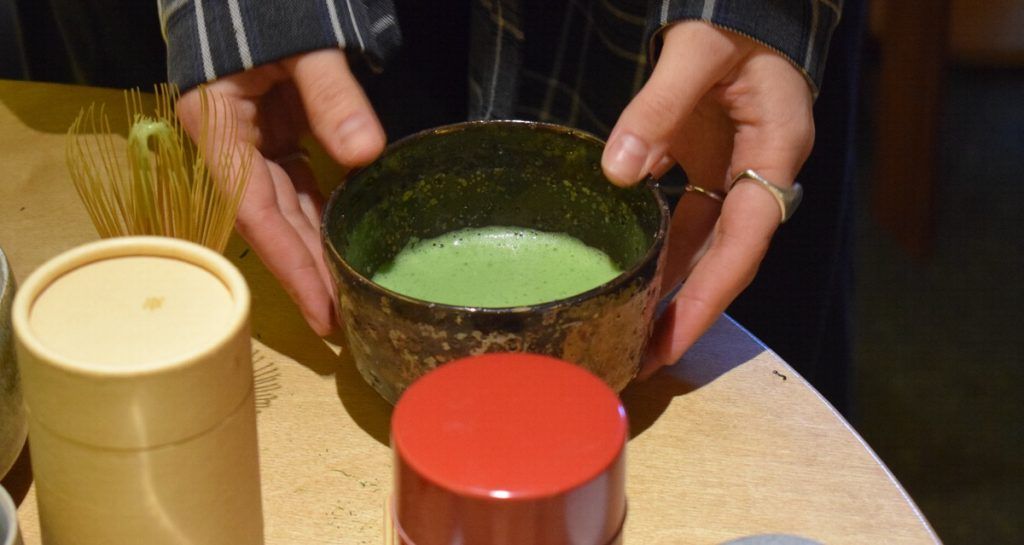My name is Marusya, and I’m part of Obubu’s “summer 2025 harvest” of interns.
For over 10 years, I had dreamed of experiencing Japan not as a tourist, but as a local. As someone from a simple Ukrainian family, just affording a flight to Japan felt like an investment — and a distant one.
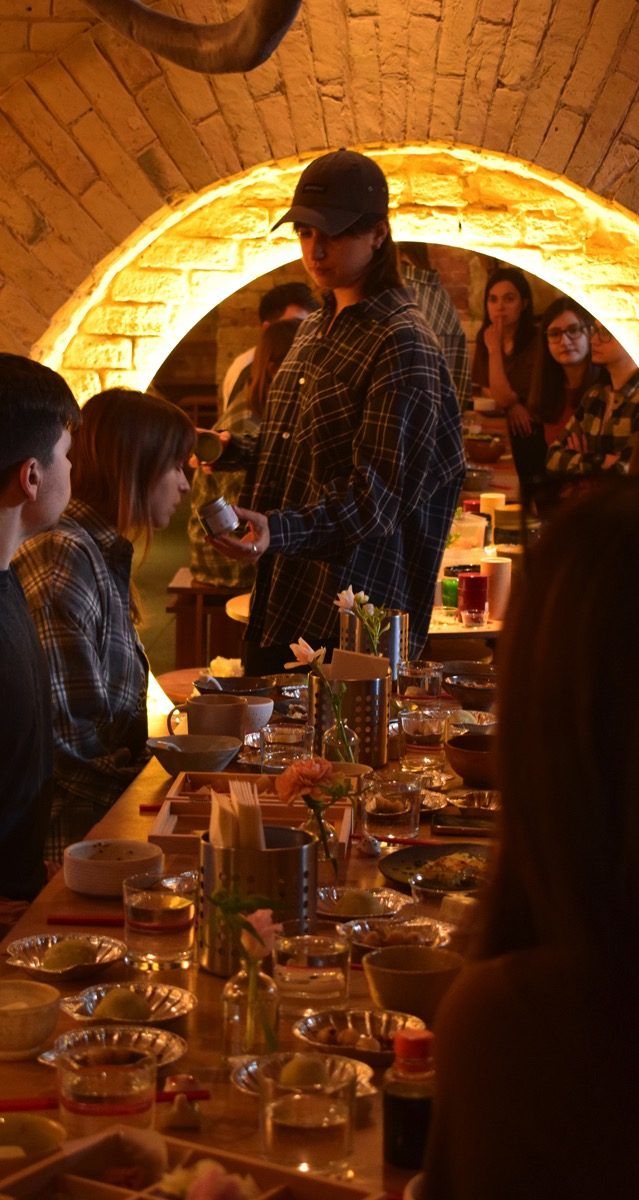
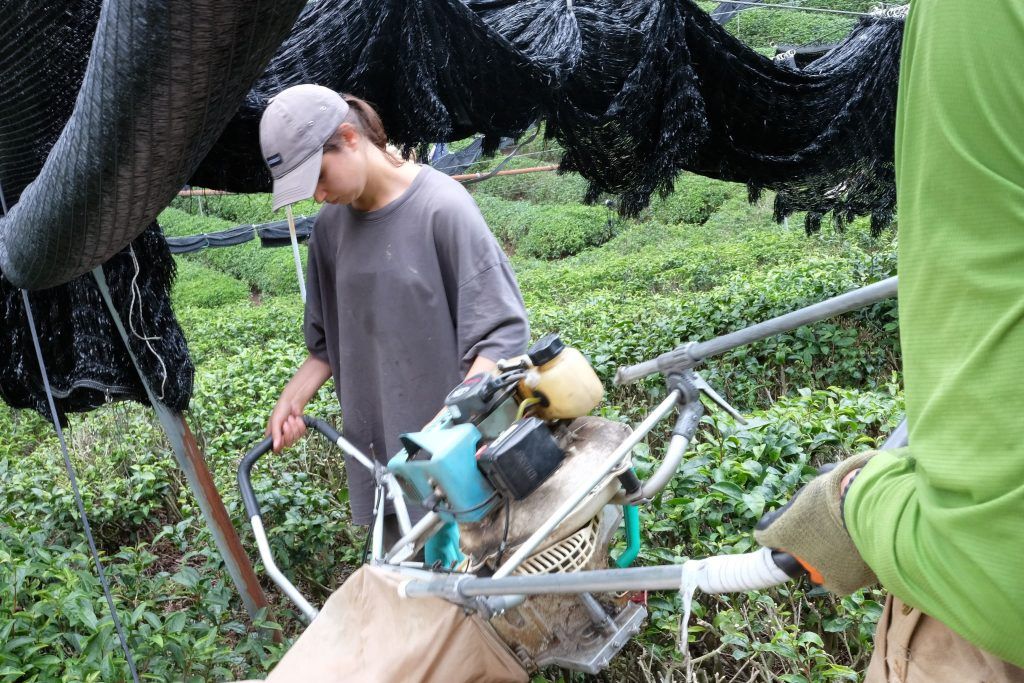
The war changed my life. It collided with my personal journey toward independence. And when your country’s freedom is under threat, your own freedom starts to feel… insignificant.
I’ve always admired Japan — its ethics, attention to detail, and quiet dedication to craft. But for a long time, I kept that fascination to myself. I studied the culture, the food, the language — but silently.
In 2024, I finally launched my own project after years of working in hospitality and brand strategy. It’s called Food Strategy — a series of pop-up events where I introduce people to washoku and Japanese green tea. I make wagashi, set the table, and lead informal storytelling-style lectures.
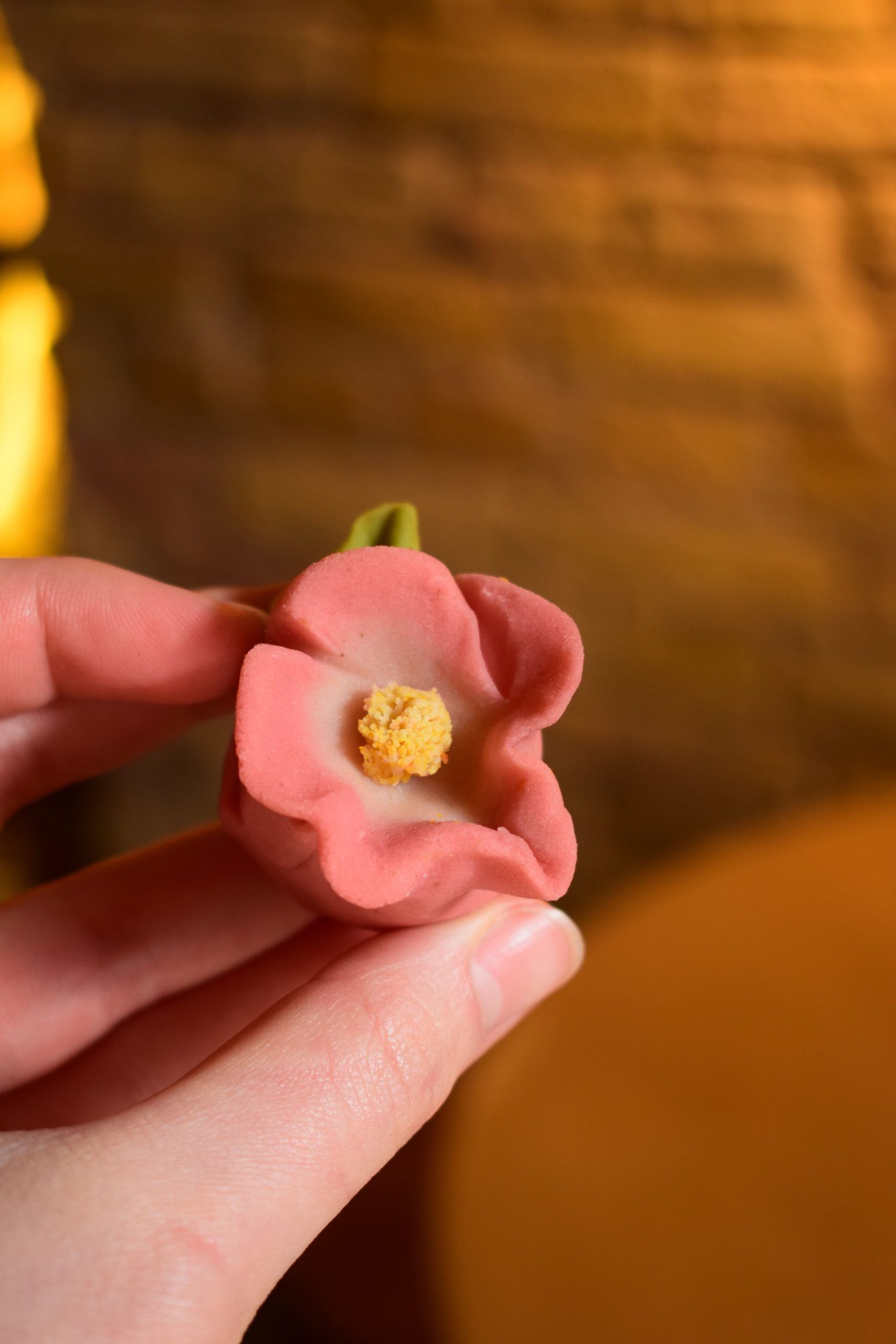
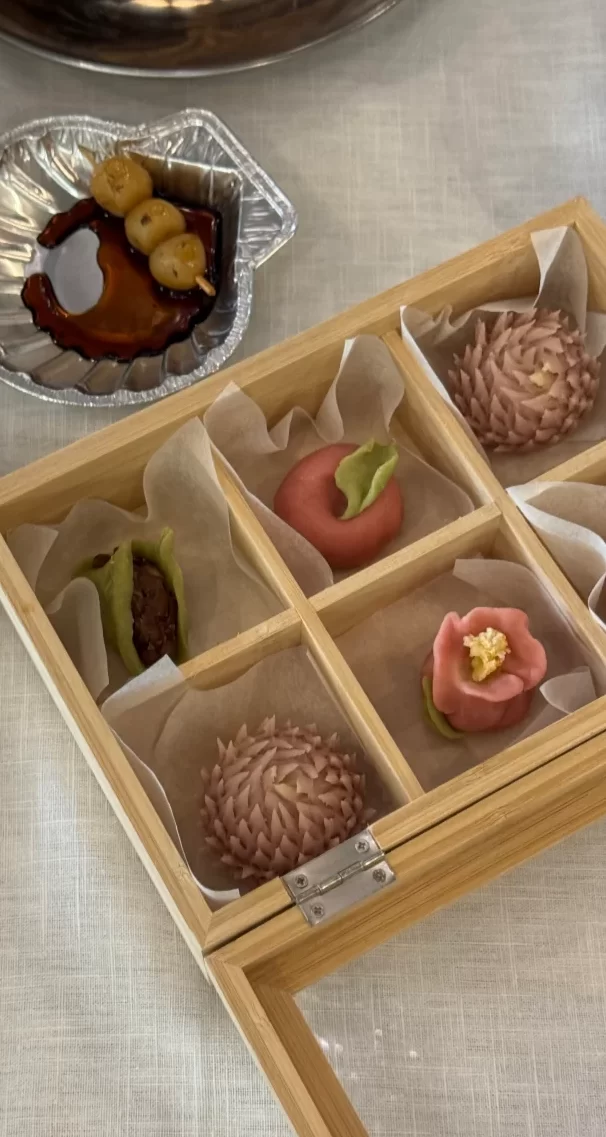
By early 2025, I was burning out — juggling five brand strategy projects while building Food Strategy. Life felt automatic. I had been questioning my career in marketing for over two years, even though everything “looked” successful.
Then Obubu happened. I applied just after my birthday, and a few weeks later I found myself on Zoom, interviewing. When I got accepted, I didn’t even let myself celebrate — I still needed to solve the visa. Coming from Ukraine, where airspace is closed, every leg of the journey had to be planned: trains, buses, multiple flights.
I also had to keep my remote jobs going while in Japan — to cover my basic needs. But somehow… everything aligned. One long 36-hour journey later, I found myself in the green ocean of Wazuka.
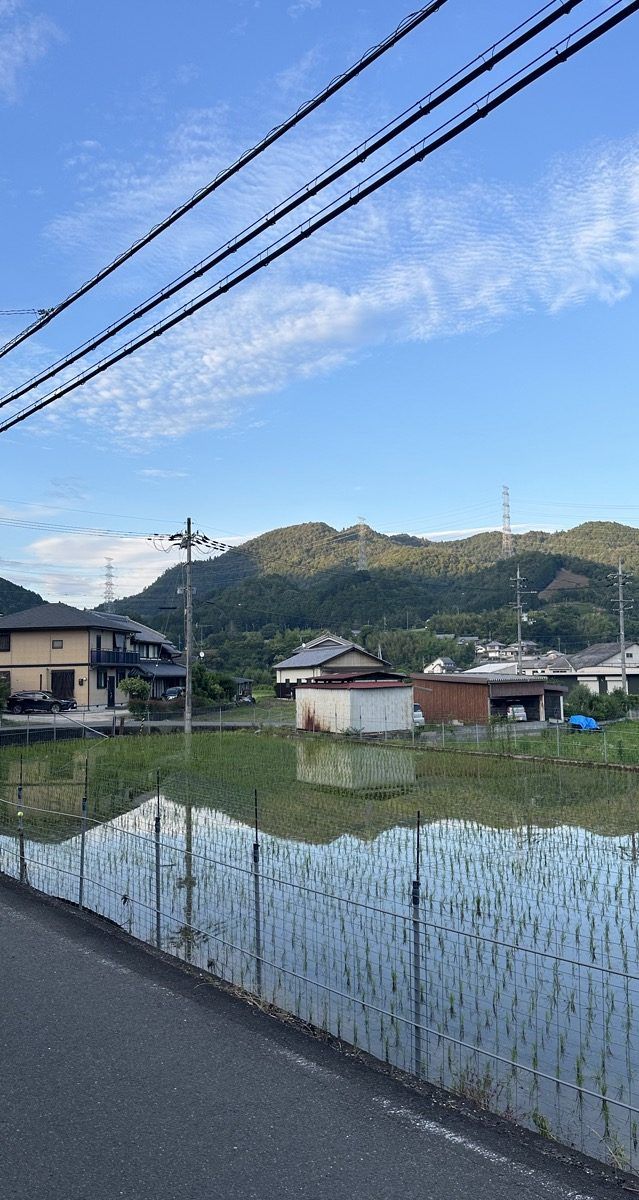
The mountains reminded me of Ukraine. The fields felt like childhood. I was surprised how much I enjoyed the physical work with plants — it awakened something deep and familiar. We are an agricultural nation, after all.
When I arrived at Obubu, I was in the middle of a difficult chapter of diagnosed depression. This place became a cradle for me — a place to reflect, heal, and reinvent myself.
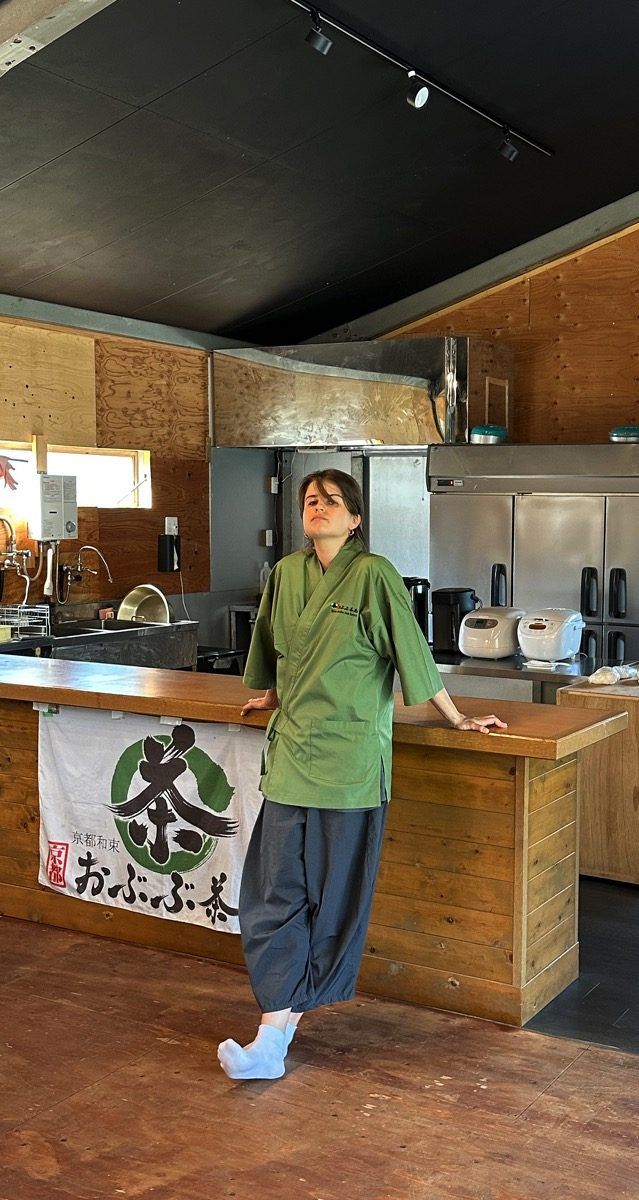
Evening talks with other interns about their homelands. Watching Akki-san, Matsu-san, and Hiro-san work with quiet faith and consistency. Lying under the shade next to tea fields during harvest breaks, rather than looking at another spreadsheet on my laptop.
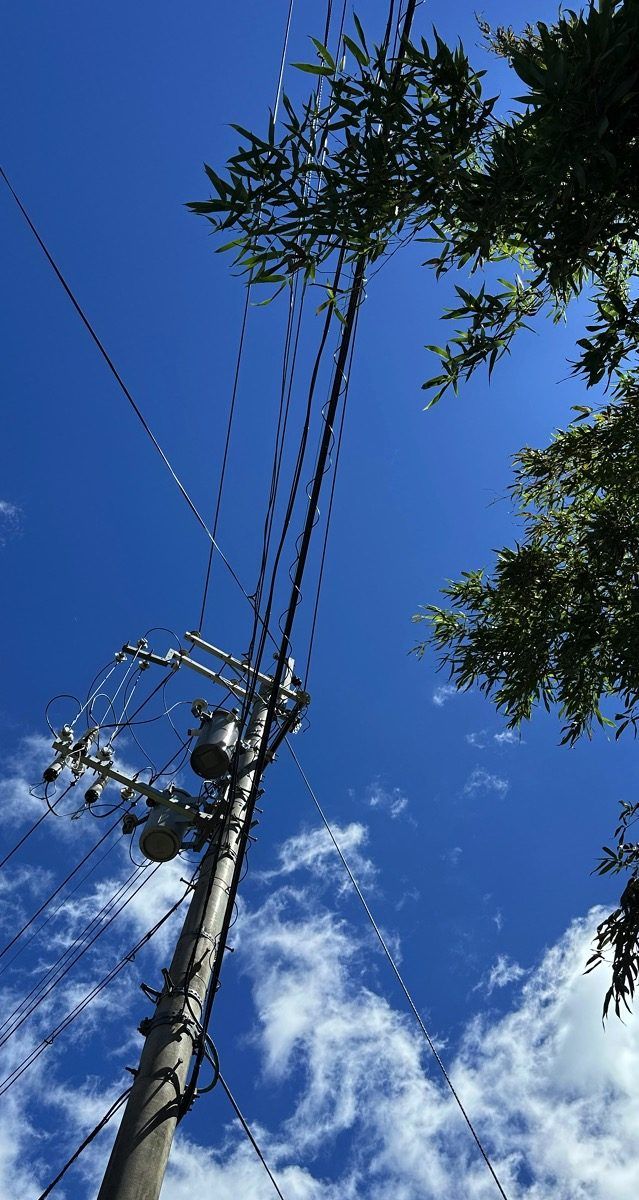
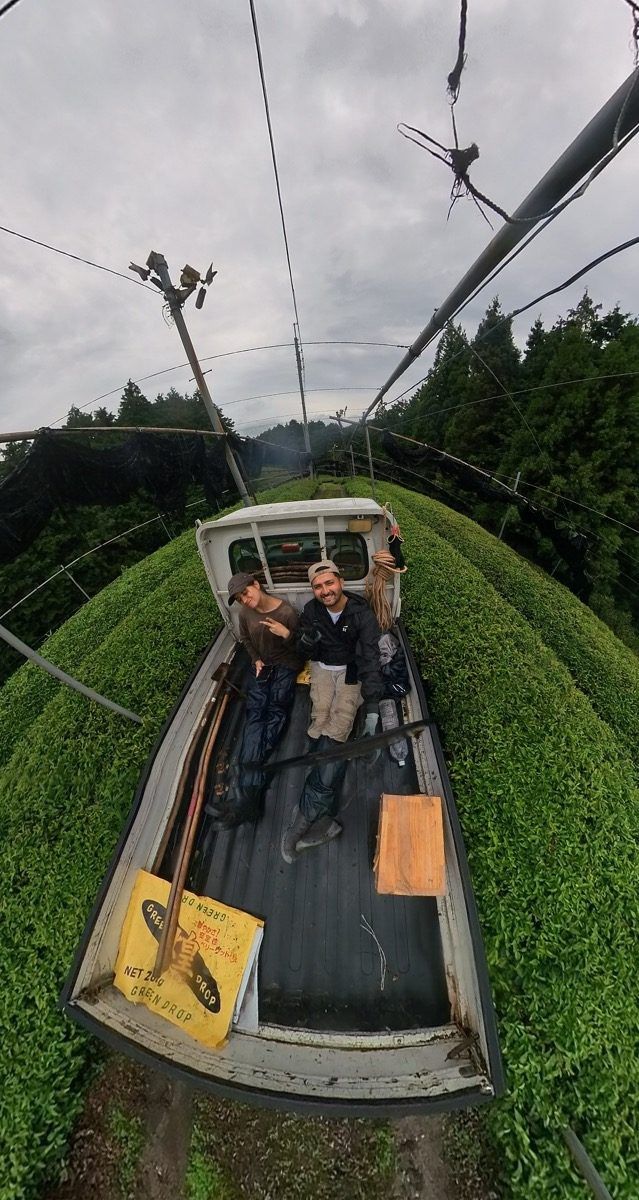
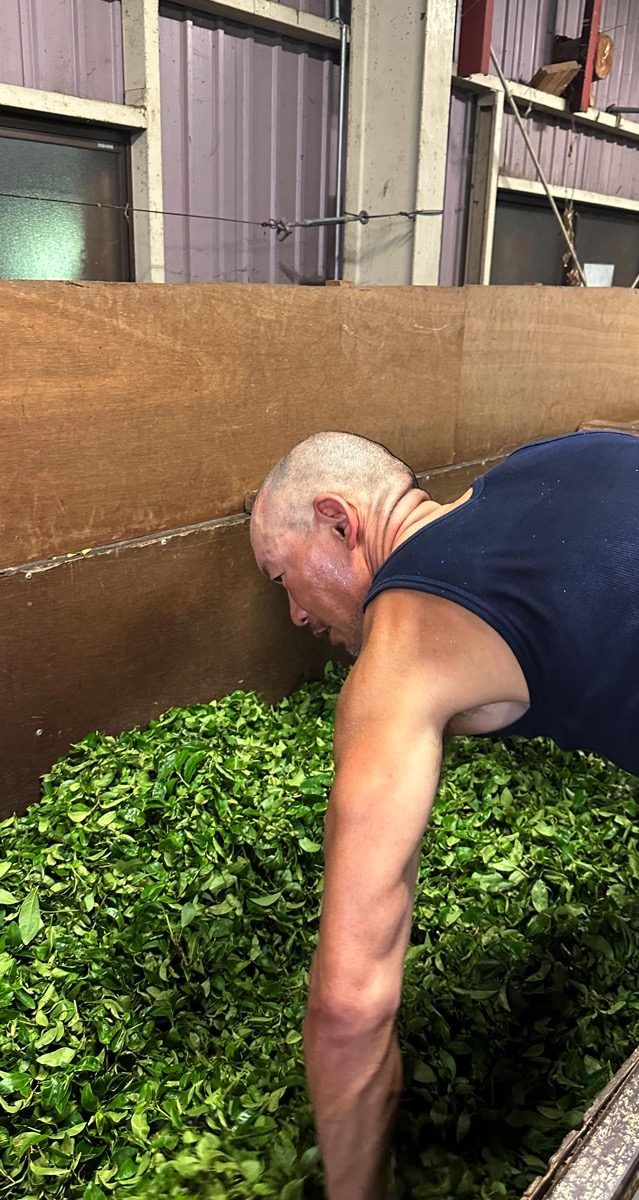
This experience, with all its coincidences and serendipities, whispered to me:
“The world is good to you.”
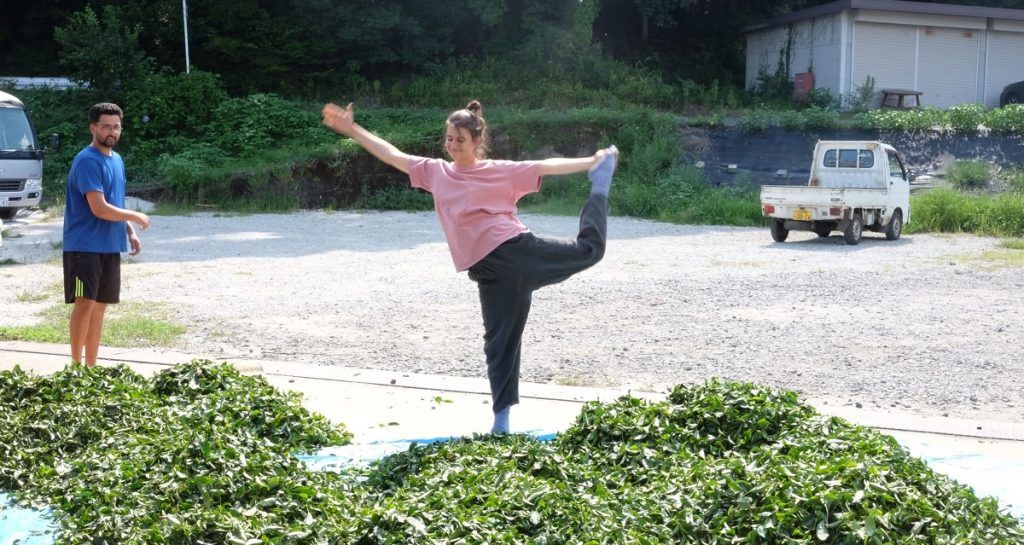
Every arigatou, every may I help you? healed my soul.
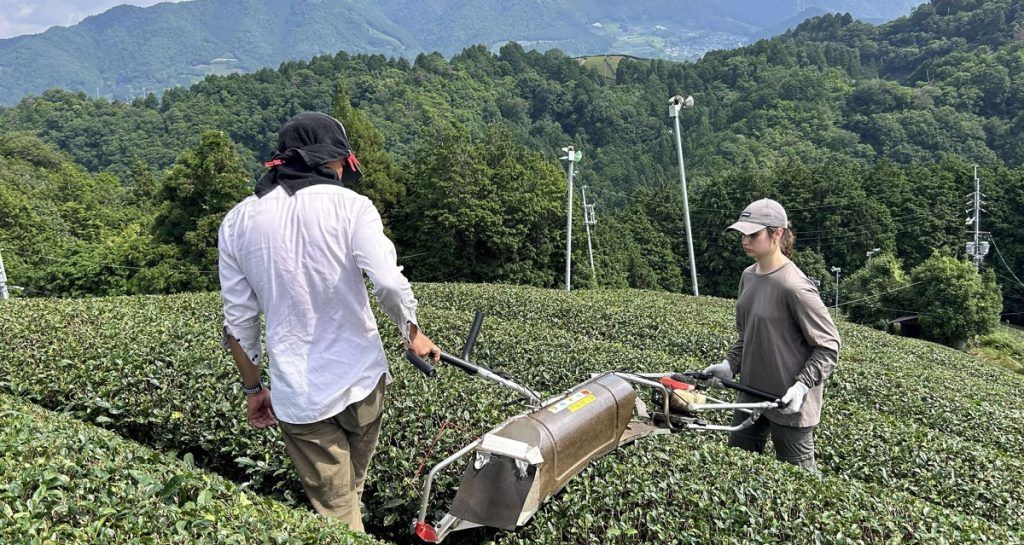
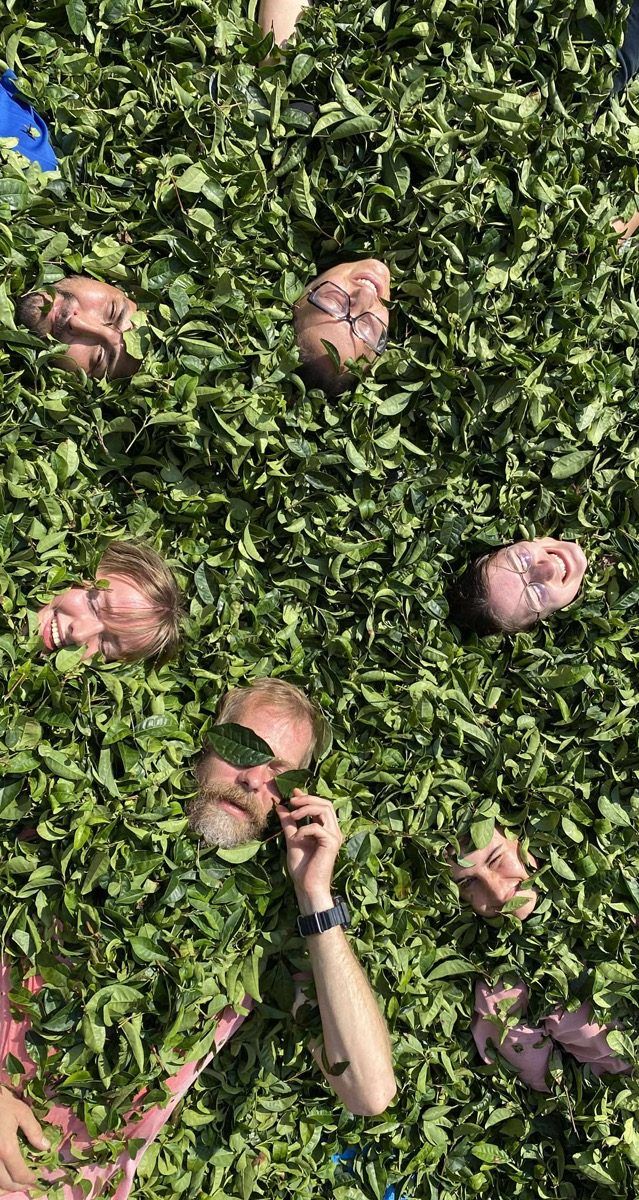
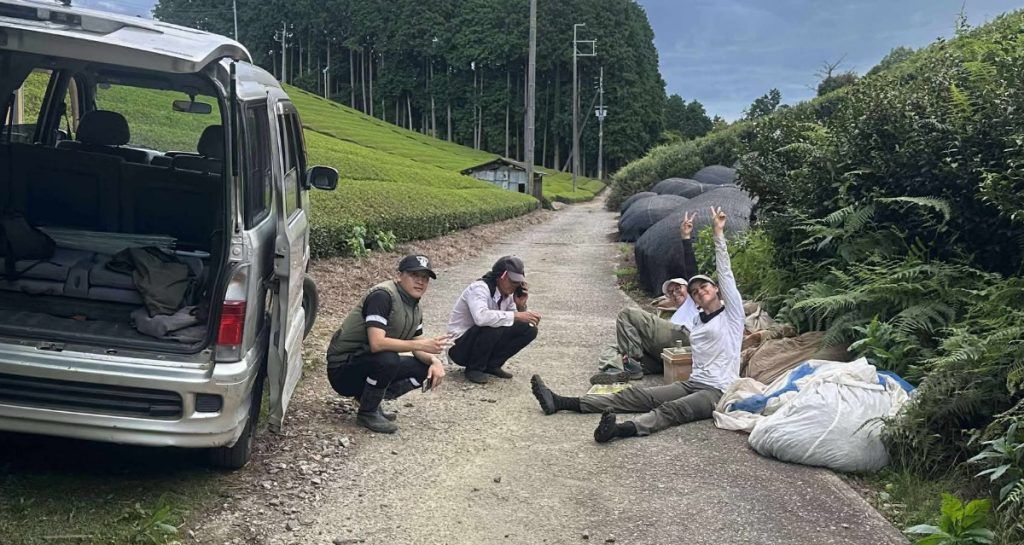
Obubu reminded me that work can be healing. That real conversation can be medicine. That showing up — every day, in small, human ways — is like adding a drop (of tea, perhaps?) into the great ocean of culture and tradition.
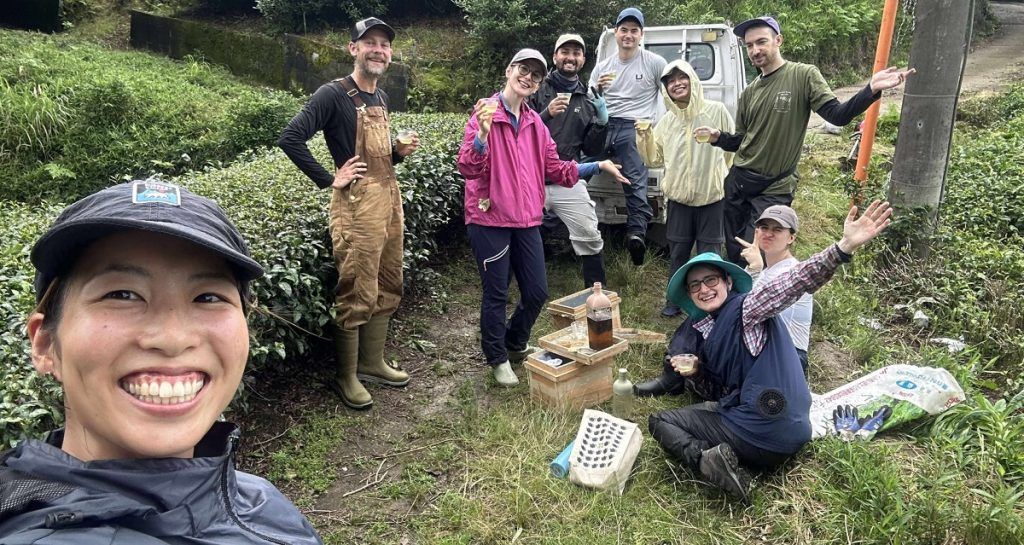
A tradition that still knows what the human body, mind, and spirit need.
